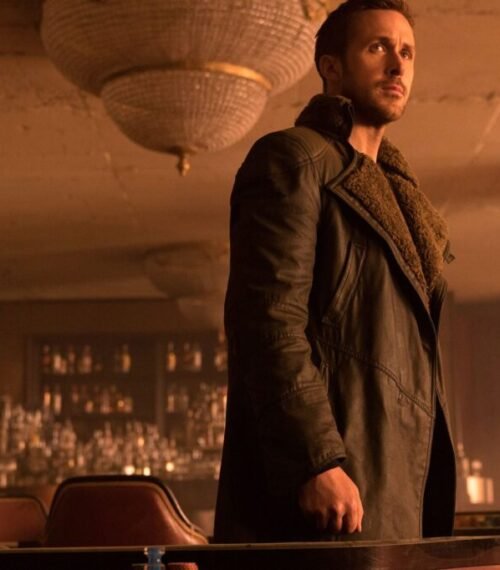No Other Choice was the last of the festival’s most anticipated titles on my list. As a long-time fan of Park Chan-wook (Oldboy), there’s always an intoxicating energy associated with his creations. However, although the Korean director’s previous feature, Decision to Leave, was a critical and cult phenomenon for most people, I admit I didn’t fall in love with the film in the same way. Therefore, the anticipation for this new project was twofold: it came with the curiosity of whether the filmmaker would win me over again, mixed with the excitement of seeing Lee Byung-hun (“Squid Game”) in the leading role.
What is No Other Choice about?
Co-written by Chan-wook and a team including Lee Kyoung-mi, Jahye Lee, and Don McKellar, No Other Choice turns out to be a satirical nightmare: You Man-soo (Byung-hun), a paper industry specialist who dedicated 25 years to his company, watches his life crumble after being fired without warning. The man had it all: a happy family, two dogs, a large, idyllic house, and a comfortable life sponsored by his “Pulp Man of the Year” status.
When despair sets in and his search for a new job in the same field proves fruitless due to intense competition, Man-soo devises an insane plan to eliminate the competition, ensuring that the company he aspires to return to “will have no other choice” but to hire him.
No Other Choice Review
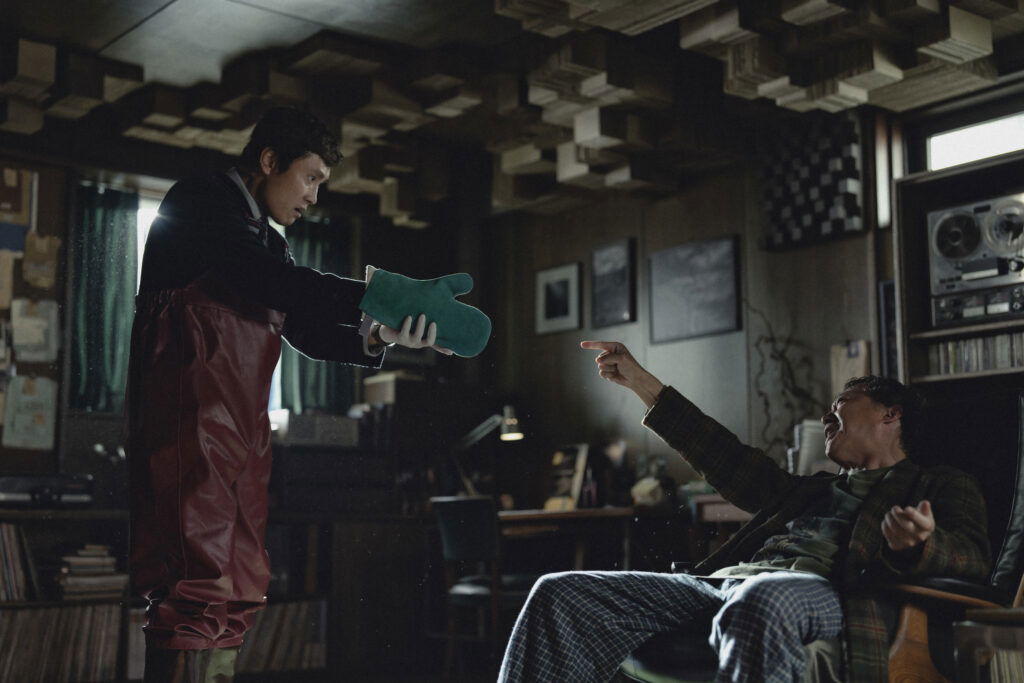
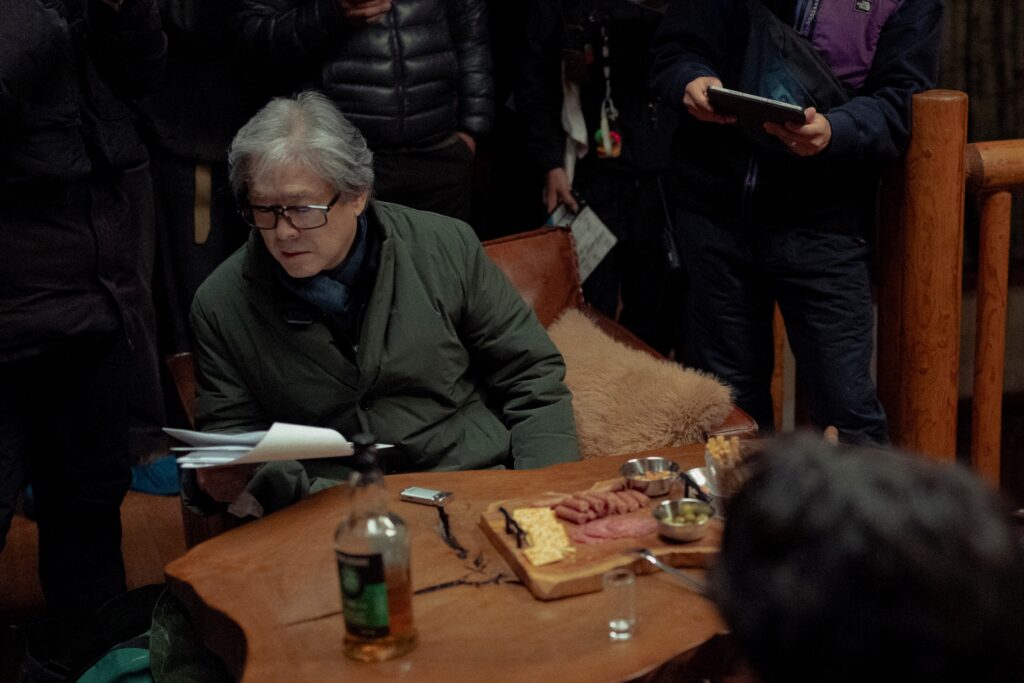

What unfolds is a triumphant return for Chan-wook, who masters the rare art of mixing humor, thriller, and dysfunctional family dynamics. No Other Choice is simultaneously dark and hilarious, managed with a tonal control that disarms the viewer. The movie isn’t a grim narrative about unemployment; it’s an unashamedly dark farce that uses human anguish as raw material for the absurd.
Man-soo, in the beginning, represents the personification of the South Korean capitalist dream: a life of material success where dedication to work pays off with prestige and a wonderful family routine. Losing his job after 25 years of loyalty isn’t just a financial turmoil; it’s a microcosm of late-stage capitalism that No Other Choice
This crisis is inherently linked to his persona as a traditional provider. The former businessman is the breadwinner, and without that title, his entire life structure and sense of vulnerability fall apart. While Man-soo plunges into irrational madness and violence, his wife, Lee Mi-ri (Son Ye-jin, Decision to Leave), takes logical and pragmatic steps, something the actress interprets with a contrasting seriousness, serving as an anchor to reality. Man-soo, however, refuses to accept the new reality.
His murderous odyssey in No Other Choice, however grotesque, is seen through an openly comic and pathetic lens. We aren’t watching a criminal genius, but an analysis of the misfortune that leads people to do the most irrational, senseless, and simply stupid things. The phrase “I have no other choice” becomes the central, satirical, and dark justification for his actions, echoing like the ridiculous lament of a man who transformed economic distress into a corporate necessity to suppress competition.
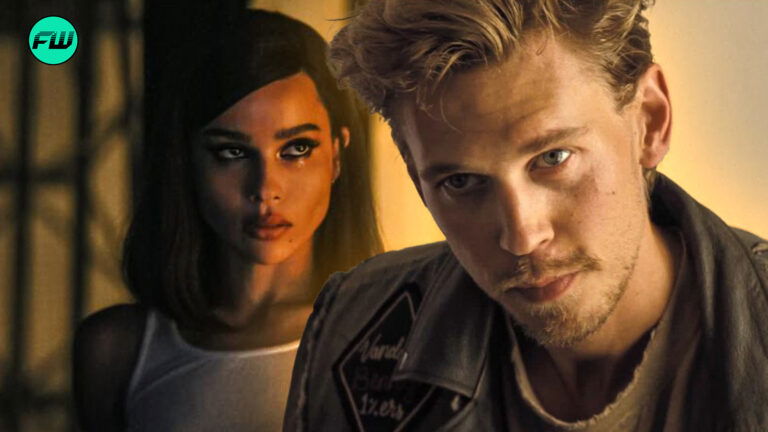
Who Is the Director of ‘Caught Stealing’? Austin Butler, Zoë Kravitz Movie Director’s Career Has a Combined 11 Oscar Nominations
This tone is masterfully established by the score from Jo Yeong-wook (The Handmaiden), proving to be a standout element in the narrative. The music not only accompanies the action but dictates the atmosphere, serving almost as a sarcastic narrator who warns the audience that this is a narrative where one can — and should — laugh, rather than take it too seriously. Similarly, the cinematography by Kim Woo-hyung (The King) is essential for maintaining the ambivalence: there are pure sequences of visual hilarity, achieved through unusual angles or camera timing, that contrast with one or two more shocking images, reminding us of the depth of the darkness the protagonist is in.
Byung-hun’s performance is central to how No Other Choice works. The actor delivers a hilarious, memorable performance, managing to transition from the dignity of the executive to the complete disgrace of the amateur assassin with comical conviction. The anti-hero is a disaster in motion, and Byung-hun injects him with a layer of frustration and ridicule that makes him perversely understandable, if not even worthy of sympathy.
The narrative thread about eliminating competitors for the same job is where the story reaches its highest points of humor and thriller elements. The protagonist pursues a myriad of secondary characters, all of whom are, in some way, dark reflections of the man he could have been or versions of the misery he’s facing. The attempted murder sequences are so well-architected, becoming particularly unforgettable and highly entertaining due to their failure and chaos. These moments of constant error and disgrace humanize the character in a bizarre manner, transforming a killer-in-training into a figure of pity.
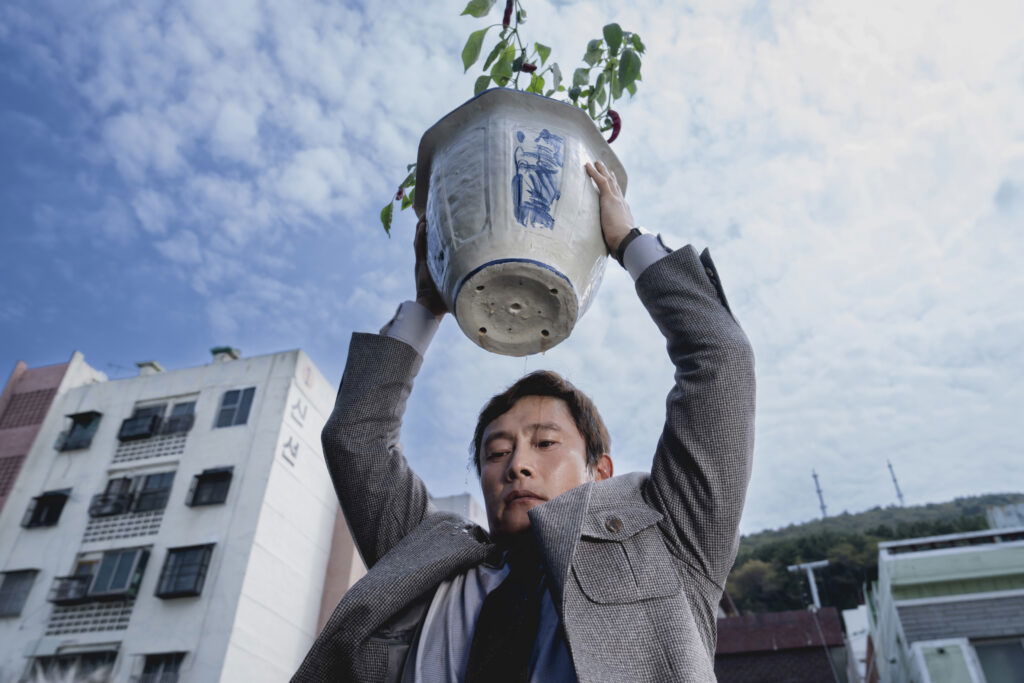
That said, not everything in No Other Choice achieves perfect balance. The narrative feels a little bloated, a problem manifested in certain scenes that sound redundant or serve more as padding than actual story advancement. At just over two hours, I felt the story could have been slightly more concise, especially in the second act, where the thriller gives way to domestic comedy and Man-soo’s identity crisis.
Note also a minor thematic dissonance. The main theme is clearly unemployment, anguish, and the midlife crisis. However, the final shot of the feature attempts to add an environmental comment about the paper industry, with a warning about the destruction of nature. This ecological touch, however well-intentioned, seems completely out of place. The environmental theme is never even touched upon throughout the movie, making this message sound like forced morality. Far from being a problem — on the contrary, it’s practically the equivalent of a post-credits scene — but the observation remains.
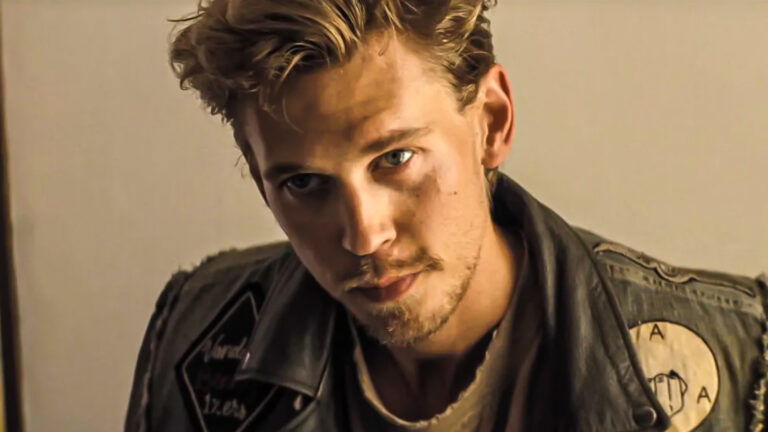
Austin Butler Rules Out Playing James Bond but Might Still Fit the Franchise
Is No Other Choice worth watching?
No Other Choice proves to be a fantastic piece of art with superb tonal control and dedicated performances that solidify Park Chan-wook’s return to the style that defines him. It’s a painfully entertaining analysis of a man driven to madness by corporate greed and social pressure, and a courageous, violent, hysterical look at how dysfunctional our world has become. In the end, the film isn’t just about a man who lost his job but a voracious critique of the madness of a system that teaches us to kill the rivalry, literally or figuratively, and the human cost of that survival game.
No Other Choice screened at the 2025 BFI London Film Festival.




